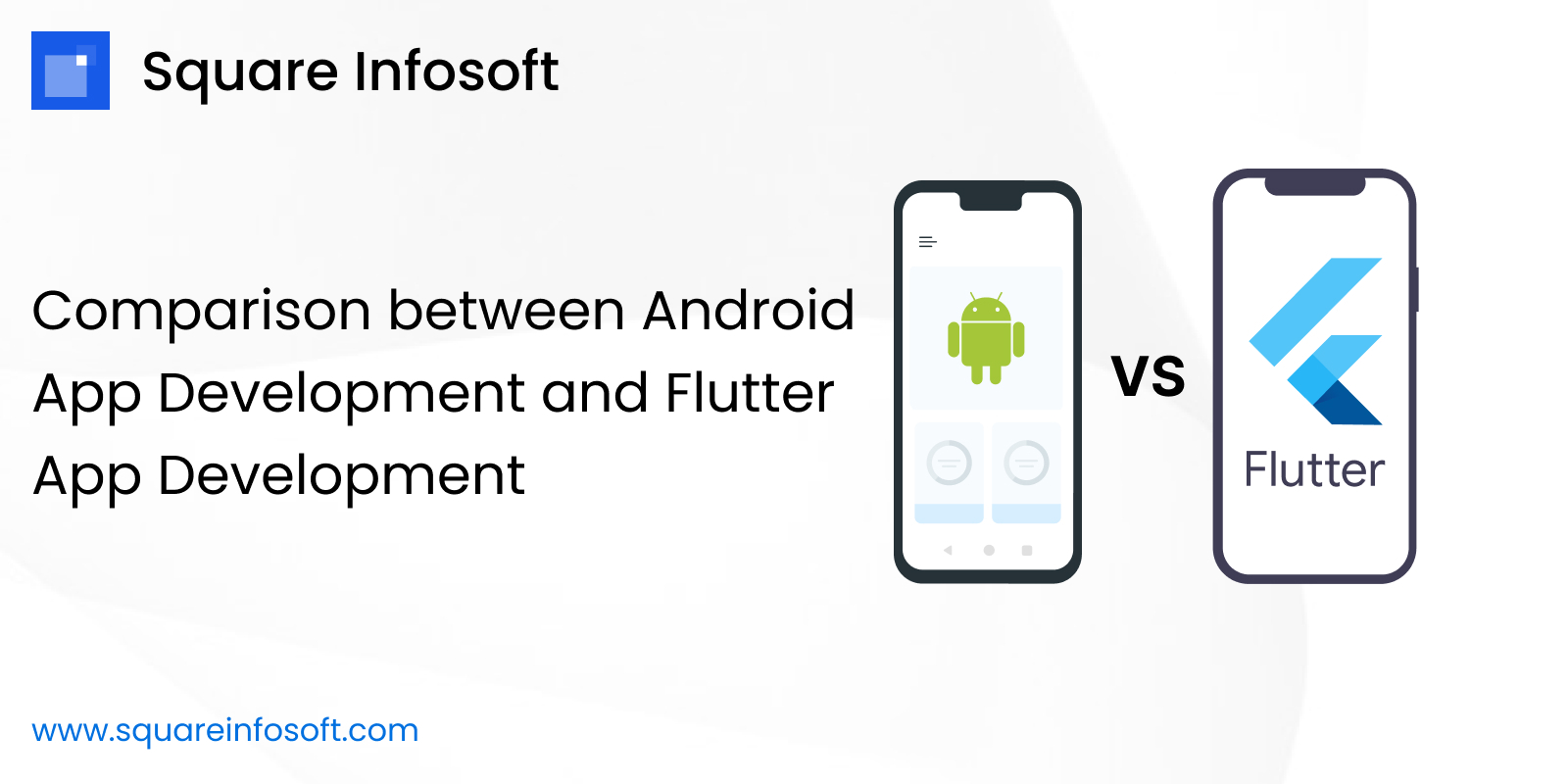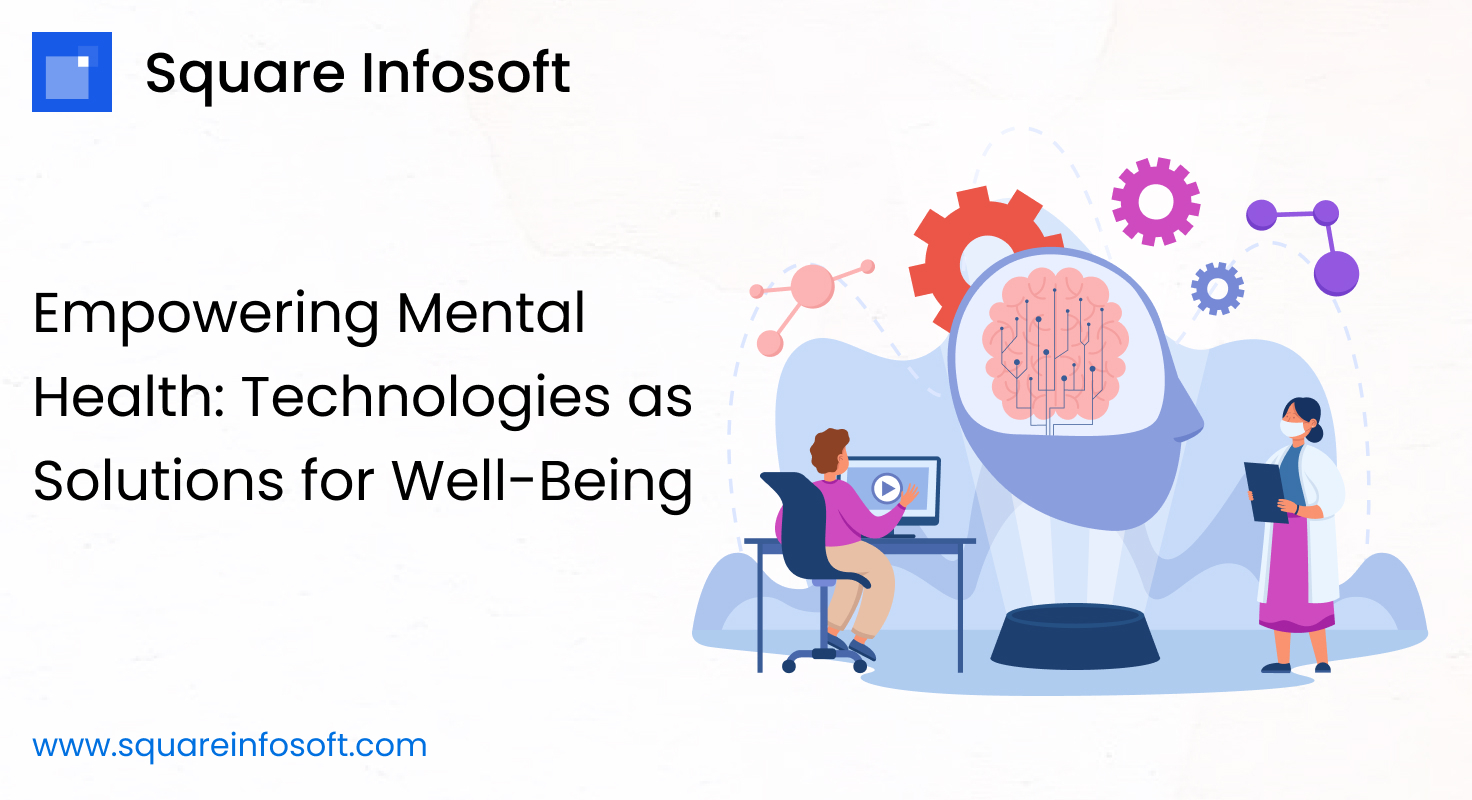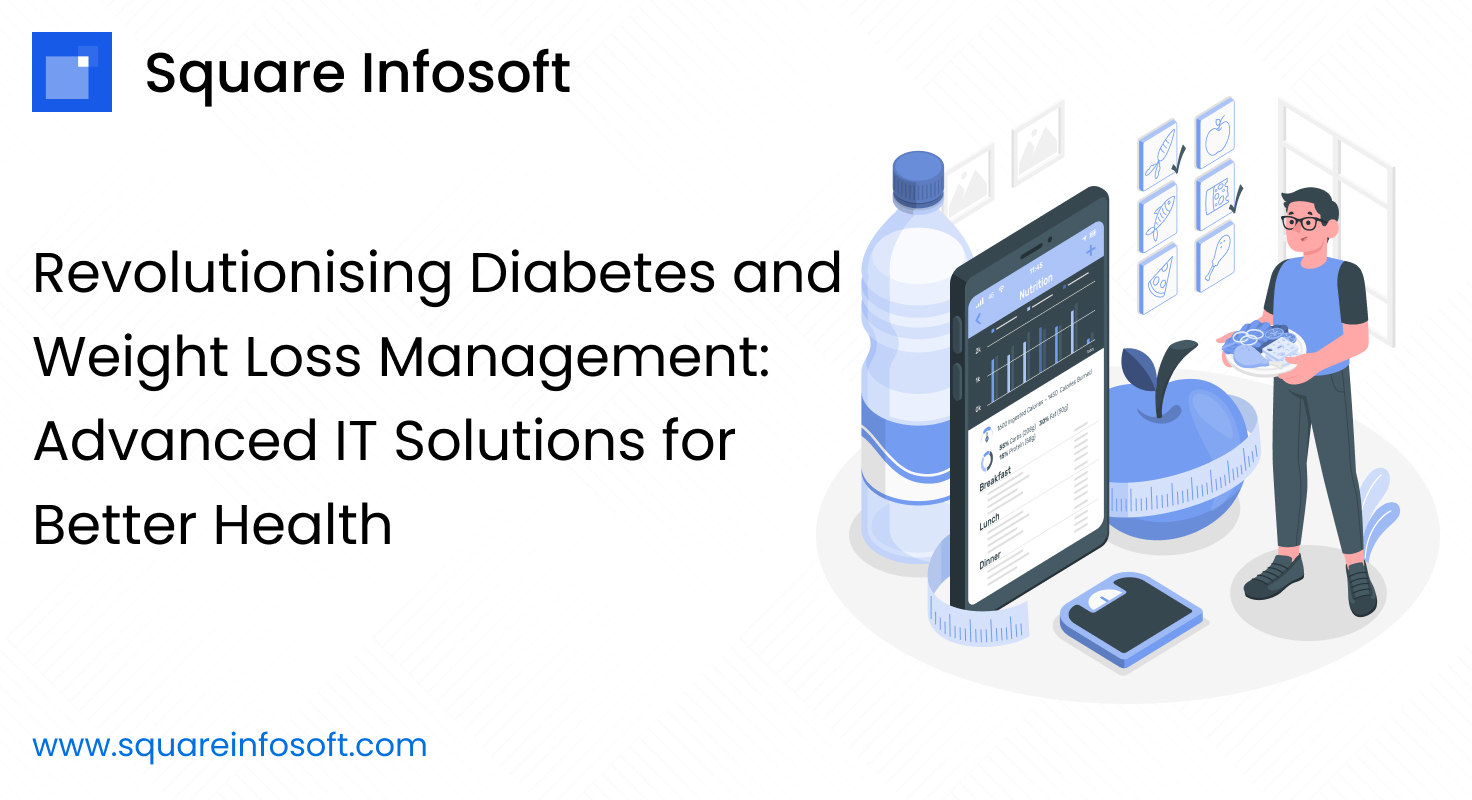Android app development and Flutter app development are both popular approaches for creating mobile applications. Here’s a comparison between the two:
Programming Languages:
Android app development: Android apps are typically developed using Java or Kotlin programming languages. Java has been the traditional language for Android development, while Kotlin has gained popularity in recent years.
Flutter app development: Flutter apps are developed using Dart, a language developed by Google specifically for building Flutter applications. Dart is an object-oriented language with a syntax similar to Java or JavaScript.
Development Environment:
Android app development: Android apps are primarily built using Android Studio, the official integrated development environment (IDE) for Android development. It provides various tools and features specifically designed for Android app development.
Flutter app development: Flutter apps can also be developed using Android Studio, but Flutter has its own IDE called Flutter SDK. Flutter SDK provides a complete set of tools for developing, debugging, and testing Flutter applications.
User Interface (UI) Framework:
Android app development: Android uses the native UI framework called Android User Interface (UI) framework. It offers a wide range of pre-built UI components and widgets that can be customized to create the desired app interface.
Flutter app development: Flutter has its own UI framework called Flutter UI toolkit, which provides a set of customizable widgets. Flutter UI is based on the concept of a single codebase for both iOS and Android platforms, allowing developers to create visually appealing and responsive UIs.
Cross-platform Development:
Android app development: Android apps are typically developed for the Android platform only. If you want to create an app for iOS, you’ll need to develop a separate version using different tools and programming languages.
Flutter app development: Flutter is a cross-platform framework, meaning you can use a single codebase to build apps for both Android and iOS platforms. This can save development time and effort, as most of the code can be reused between the two platforms.
Performance:
Android app development: Native Android apps are generally known for their performance and responsiveness since they directly leverage the underlying capabilities of the Android platform.
Flutter app development: Flutter apps use a different approach. They rely on a rendering engine called Skia to draw the UI, which introduces an additional layer of abstraction. While Flutter apps can achieve high performance, they may not match the native performance of Android apps in certain scenarios.
Community and Ecosystem:
Android app development: Android has a large and mature developer community with extensive documentation, libraries, and resources available. The Google Play Store also offers a vast user base for distributing Android apps.
Flutter app development: Flutter has been gaining popularity rapidly, and its community is growing. While the Flutter ecosystem is still expanding, it offers various libraries, packages, and resources for developers. The Flutter community is known for its active engagement and support.
Ultimately, the choice between Android app development and Flutter app development depends on various factors, including project requirements, development expertise, and target platforms. Android app development is well-suited for building native Android apps, while Flutter offers a cross-platform approach with faster development cycles and code sharing capabilities.




